Search
Search within Sierra Leone
70 results found
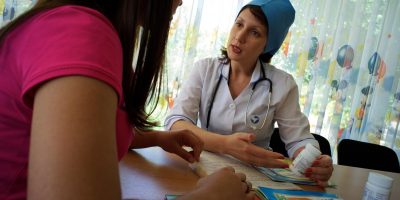
Briefings
Strengthening Health Systems for Resilience
In countries with high levels of poverty or instability and with poor health system management and governance, people are highly vulnerable to shocks associated with ill health, including major epidemics. An effective health system can help build their resilience by…
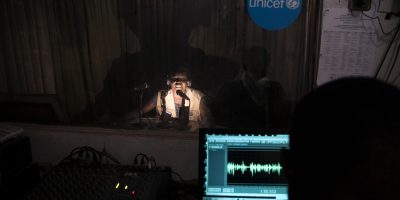
Briefings
Social Mobilization and Community Engagement Central to the Ebola Response in West Africa: Lessons for Future Public Health Emergencies.
Following the World Health Organization (WHO) declaration of a Public Health Emergency of International Concern regarding the Ebola outbreak in West Africa in July 2014, UNICEF was asked to co-lead, in coordination with WHO and the ministries of health of…
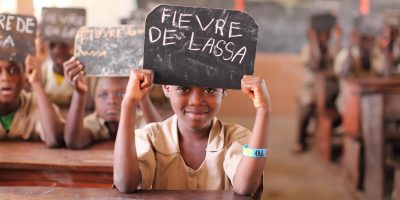
Background Reports
Rat-Atouille: A Mixed Method Study to Characterize Rodent Hunting and Consumption in the Context of Lassa Fever
Lassa Fever is a zoonotic hemorrhagic illness predominant in areas across Nigeria, Sierra Leone, Guinea, Liberia, and southern Mali. The reservoir of Lassa virus is the multimammate mouse (Mastomys natalensis), a highly commensal species in West Africa. Primary transmission to…
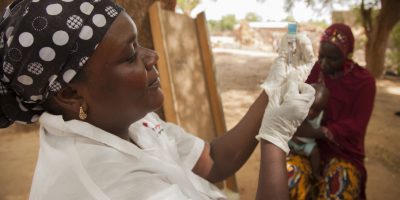
Briefings
Power, Fairness and Trust: Understanding and Engaging with Vaccine Trial Participants and Communities in the Setting Up the EBOVAC-Salone Vaccine Trial in Sierra Leone
This paper discusses the establishment of a clinical trial of an Ebola vaccine candidate in Kambia District, Northern Sierra Leone during the epidemic, and analyses the role of social science research in ensuring that lessons from the socio-political context, the…
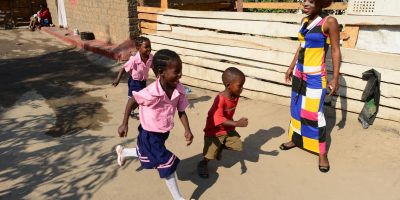
Background Reports
Participation of Women and Children in Hunting Activities in Sierra Leone and Implications for Control of Zoonotic Infections
The emergence of infectious diseases of zoonotic origin highlights the need to understand social practices at the animal-human interface. This study provides a qualitative account of interactions between humans and wild animals in predominantly Mende villages of southern Sierra Leone.…

Background Reports
Extending the “Social”: Anthropological Contributions to the Study of Viral Haemorrhagic Fevers
Emerging Viral Haemorrhagic Fevers (VHFs) offer a frontier for a “One-Health” research agenda; the joined-up, or collaborative, effort of multiple disciplines to attain optimal health for people, animals, and the environment (e.g. http://www.onehealthinitiative.com/). Multidisciplinary work on Lassa Fever and Ebola…
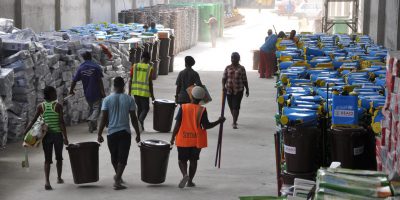
Epidemics and Resistance in Colonial Sierra Leone during the First World War
Regional and global disease epidemics, which followed in the wake of the First World War, became the crucial tipping point in the balance between resistance and accommodation that had been established between the British colonial administration and newly colonized people…
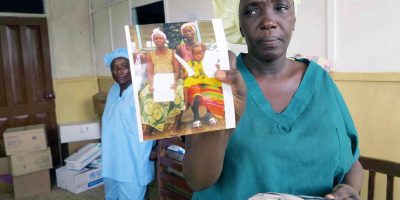
Briefings
“We are the heroes because we are ready to die for this country”: Participants’ Decision-Making and “Grounded Ethics” in an Ebola Vaccine Clinical Trial
The 2014–2016 Ebola epidemic presented a challenging setting in which to carry out clinical trials. This paper reports findings from social science research carried out in Kambia, Northern Sierra Leone during first year of an Ebola vaccine trial (August 2015–July…
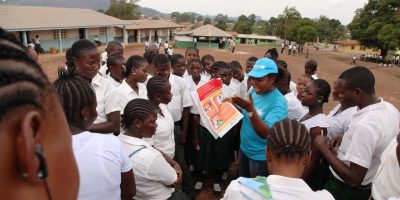
Background Reports
Engaging ‘Communities’: Anthropological Insights from the West African Ebola Epidemic
The recent Ebola epidemic in West Africa highlights how engaging with the sociocultural dimensions of epidemics is critical to mounting an effective outbreak response. Community engagement was pivotal to ending the epidemic and will be to post-Ebola recovery, health system…

Background Reports
Emerging Disease or Emerging Diagnosis?: Lassa Fever and Ebola in Sierra Leone
It has become routine to attribute the tragedy of the West African Ebola epidemic to inexperience and lack of knowledge. The states and citizens of Guinea, Liberia, and Sierra Leone were portrayed as entirely unfamiliar with Ebola and therefore without…
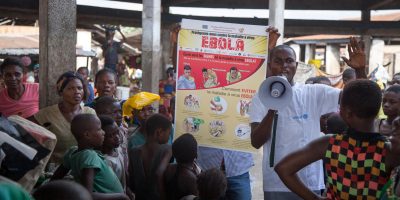
Background Reports
Ebola Through a Glass, Darkly: Ways of Knowing the State and Each Other
The Ebola epidemic unfolded in radically divergent manners in two neighboring villages in Sierra Leone, with one recording 40 cases and 20 deaths and the other recording zero cases, though they are located only 100 meters apart. Presented with identical…
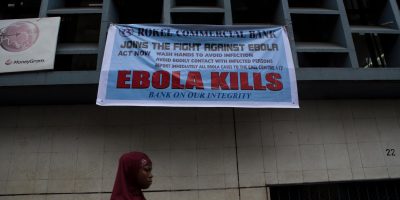
Background Reports
Ebola and Lessons for Development
As the Ebola crisis continues to unfold across West Africa and the international community belatedly responds, broader questions arise beyond the immediate challenges on the ground. These fundamentally challenge our understanding of ‘development’ as framed and practised in past decades.…


